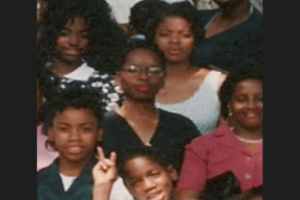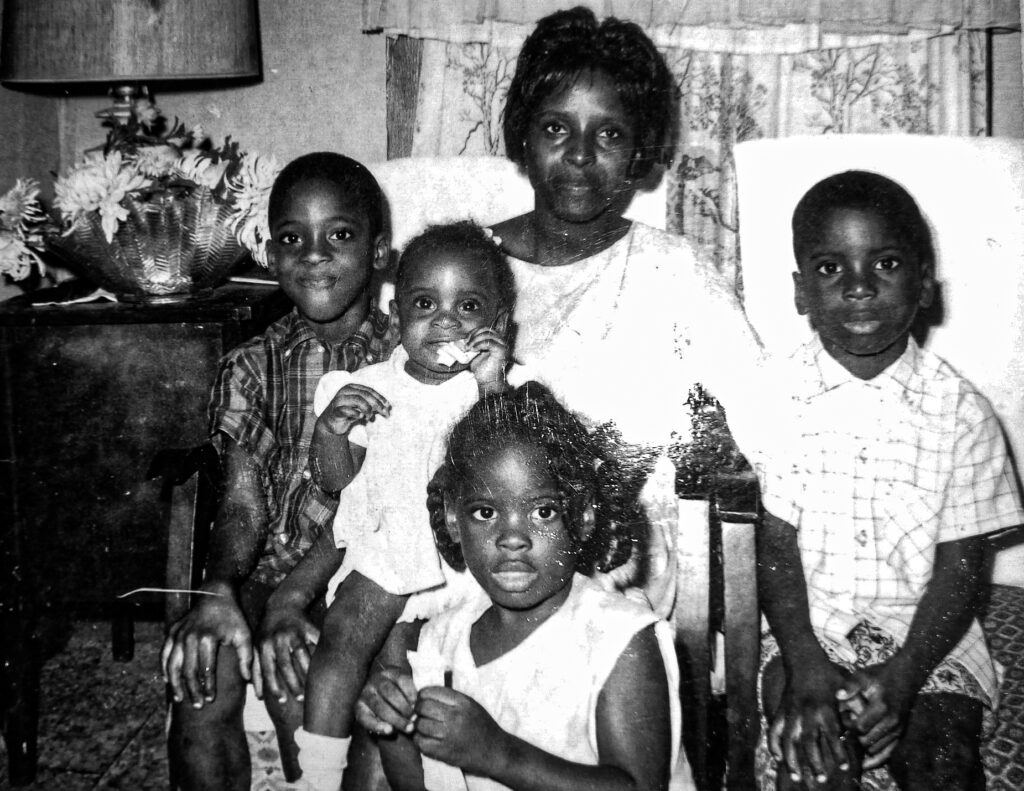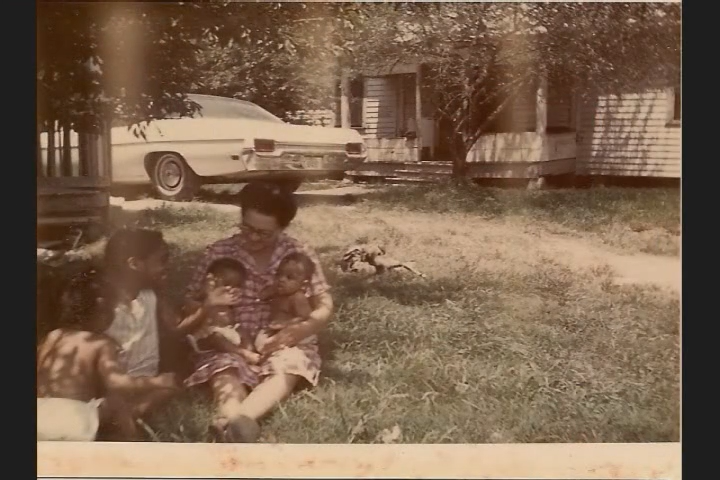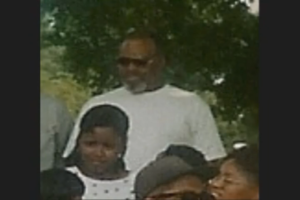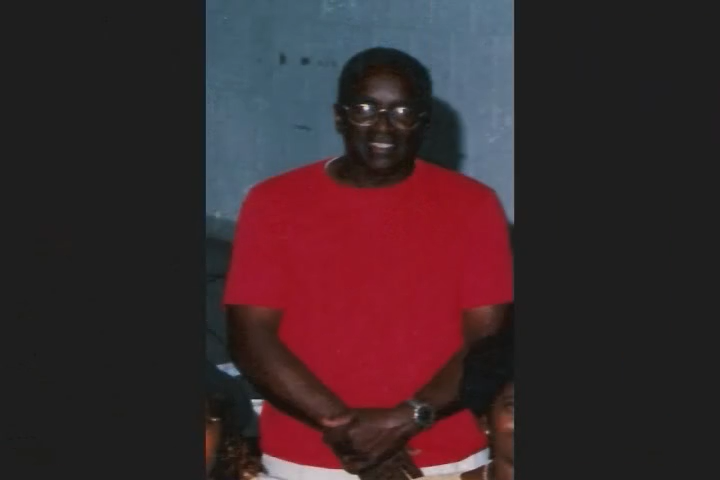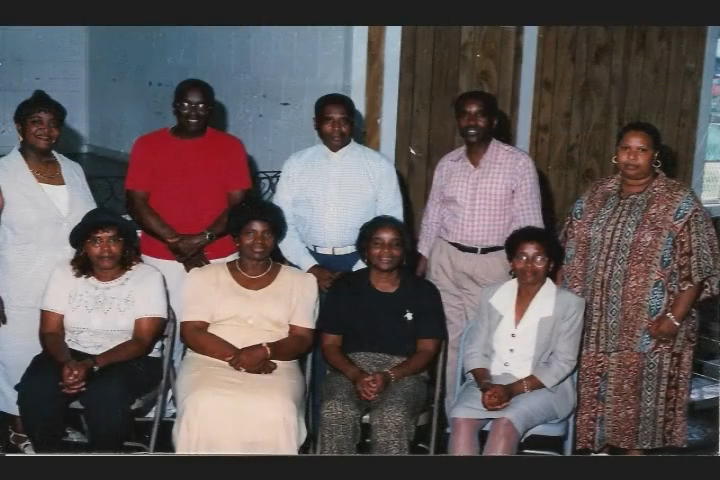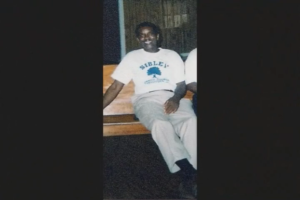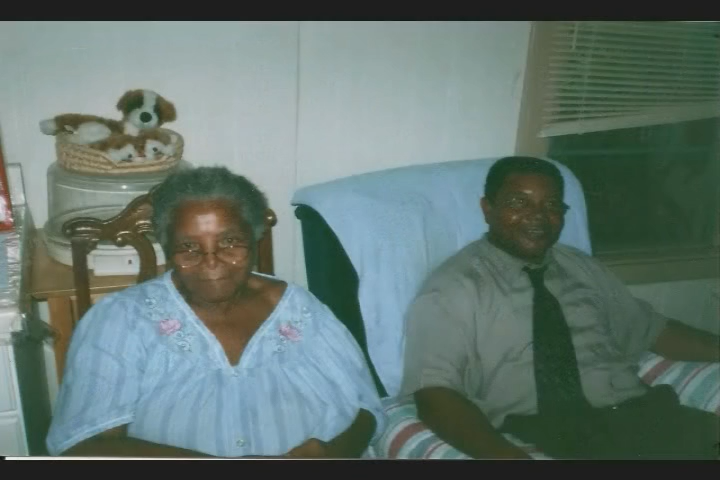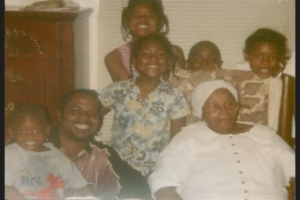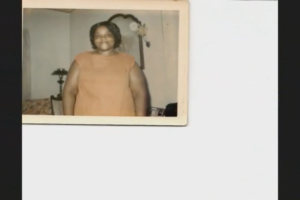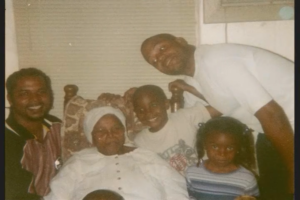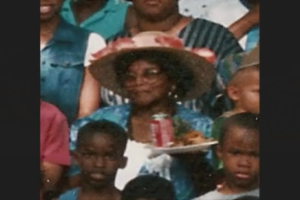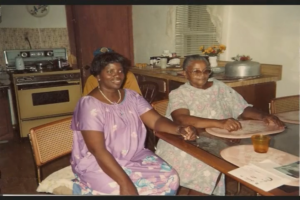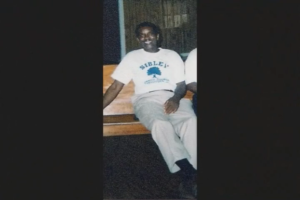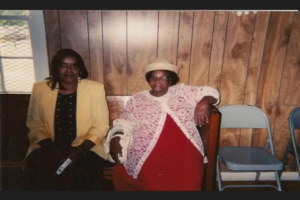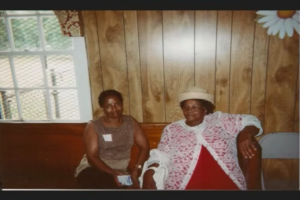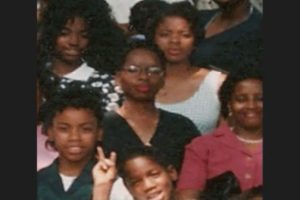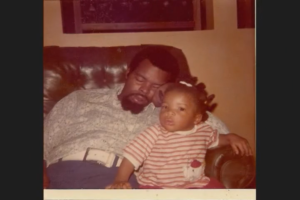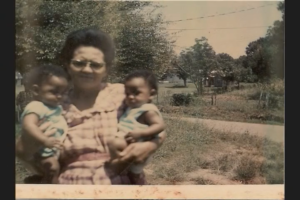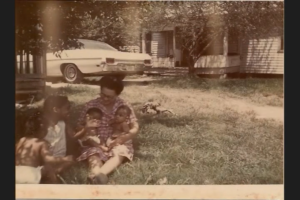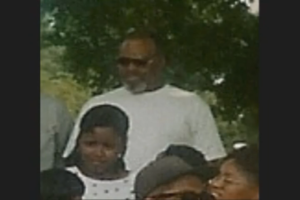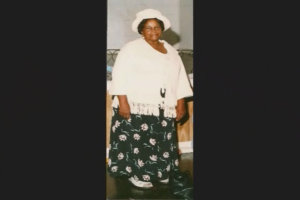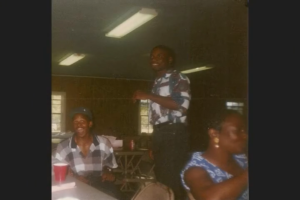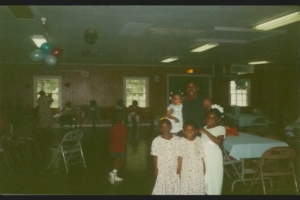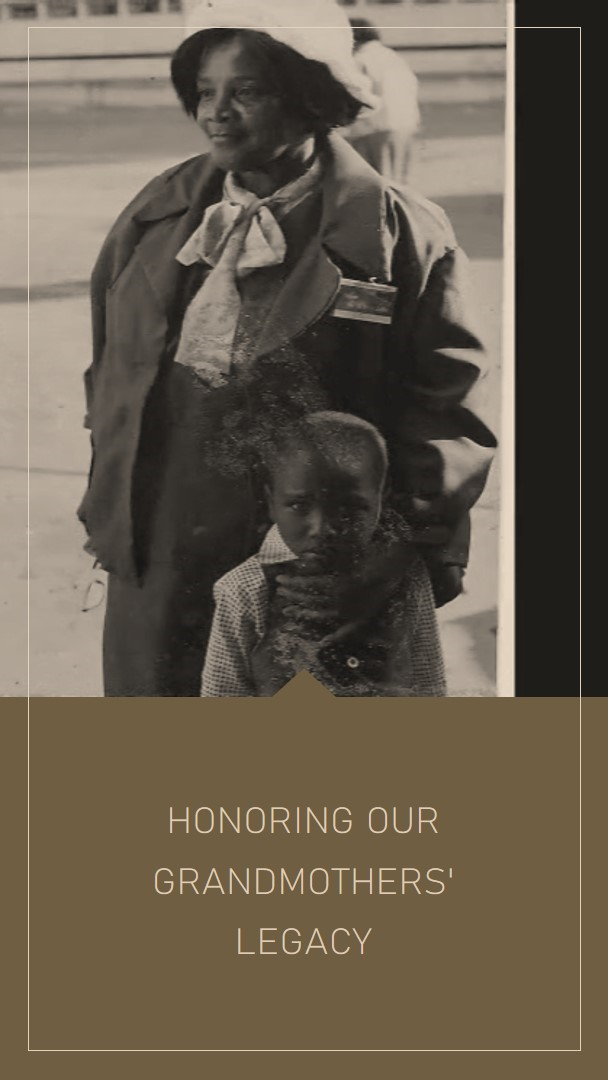
Remembering the Strength of My Grandmothers: Honoring Their Legacy and Respecting Their Struggles

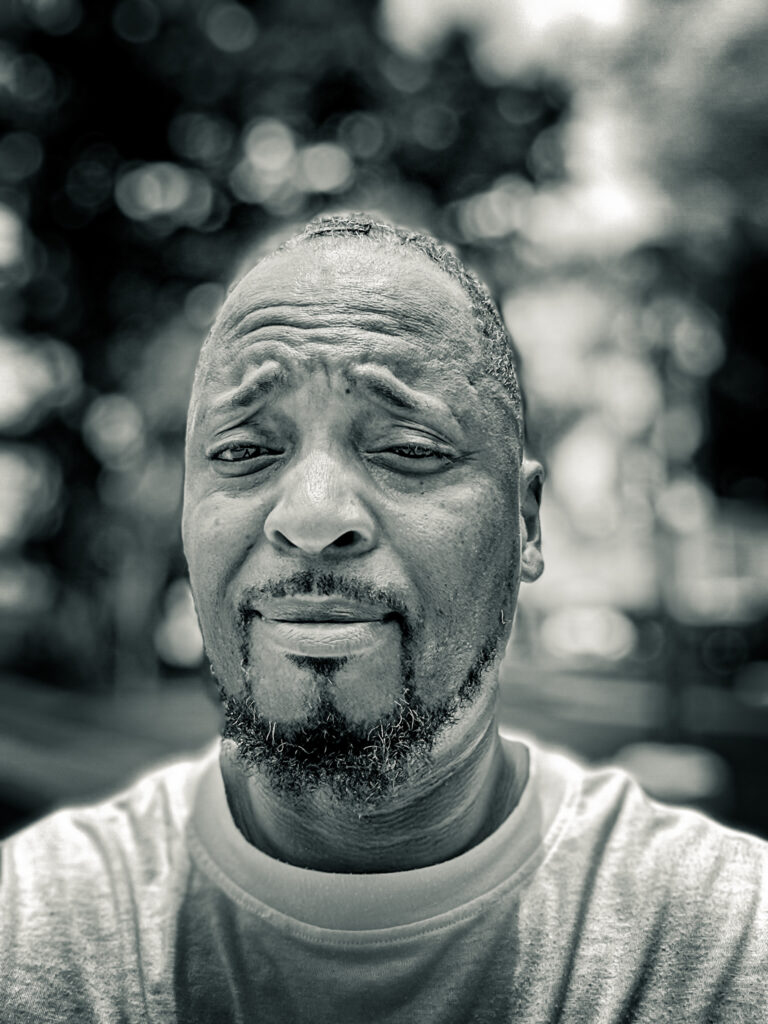
K Tyler
Mary Lou Johnson, my paternal grandmother, worked as a servant in Louisiana during the early to mid-twentieth century, transforming the lives of African American domestic workers by advocating indirectly for their civil rights and promoting better work environments.
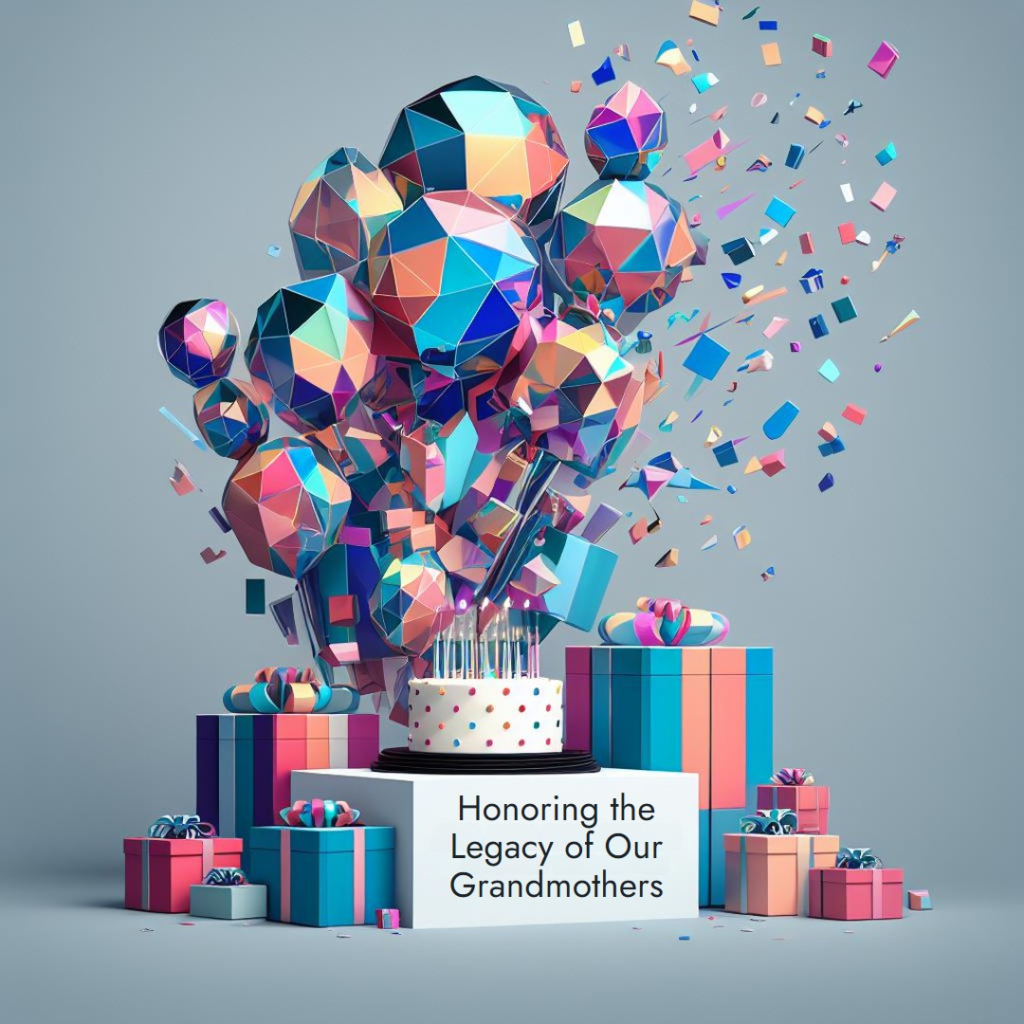
Intergenerational Resistance to Sexual Violence
To help their daughters and granddaughters, who were working in white households, Black mothers taught them survival and resistance techniques. White males, just as they had done under slavery, forcibly and habitually claimed Black bodies, making strategies to resist sexual assault all the more crucial.
Black domestic workers said about how their families had better prepared them for the risks they faced on the job. It was warned that you should be wary of the white guy and his sons before anyone was sent out, says Odessa Minnie Barns, who was born and raised in South Carolina but later moved north. They'd also be happy to tell you a rape story. Absolute truth. So that you would not be raped, you had to be given the truth. "Be careful" was the universal word of caution.
“My mama told you first,” Ora Fisher said from her childhood on a tiny Southern farm with her large family. The Fishers followed an almost ritualistic method of schooling. My aunts and uncles came next. My dad just handed me a razor and told me to use it on any male who attempts to force himself on me, just before we were to leave the house. It’s aimed at white people. Among us, he bestowed one.
Ora Fisher
This kind of planning was critical. “If a man ever tried to take advantage of you just to grab his penis and wring it, you know,” Cora Burton’s mother assured her. “When [a] guy came in… grabbed me and wanted to take advantage of me…” she remembers, laughing as she recalls the incident. I followed my mother’s instructions since I lacked any other sensibility. As a result, he ran.
These women’s experiences show how individual resistance was rarely truly individual but was part of a system of intergenerational preparation and education.
Overcoming Adversity: The Inspirational Story of Mary Louise Lazard-Tyler
My maternal grandmother Mary Louise Lazard-Tyler was a full-blooded Cherokee who experienced marginalization from society as a whole. While it is important to recognize and address historical injustices faced by Indigenous peoples, individual experiences may vary, and not every person of Cherokee descent may have experienced the same level of marginalization. Additionally, it is crucial to acknowledge the diversity within Indigenous communities and avoid generalizations about their experiences. She inspired me. I remember little of her, but to say I called her mom in my youth. This inspiration led the author to become an advocate for Native American rights. For example, the author may have witnessed their Cherokee grandmother facing discrimination and exclusion due to her heritage, which fueled their passion for advocating for Indigenous rights. This personal connection to the struggle of being marginalized as a Native American fueled their commitment to promoting awareness and understanding of historical injustices faced by Indigenous peoples.
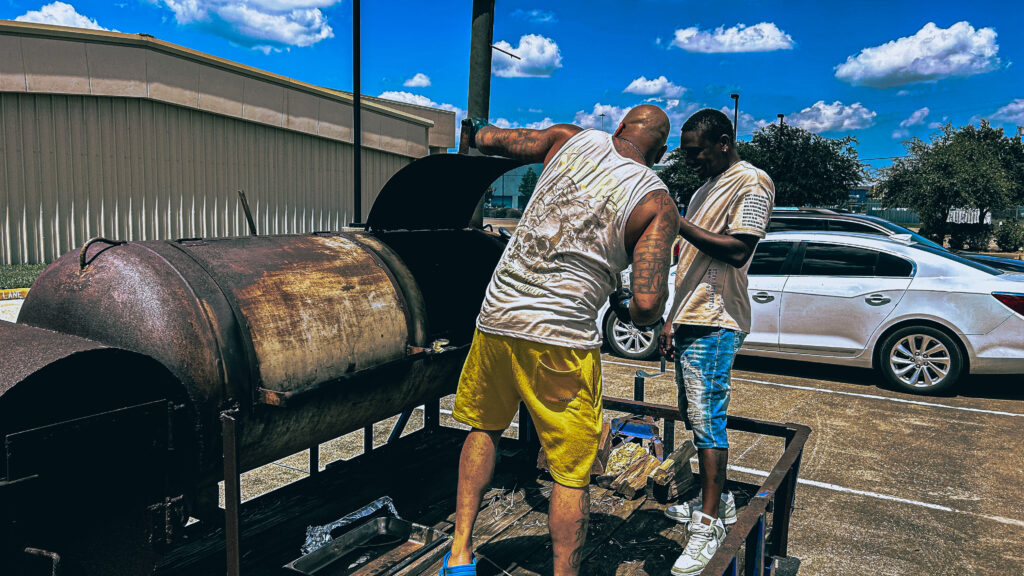
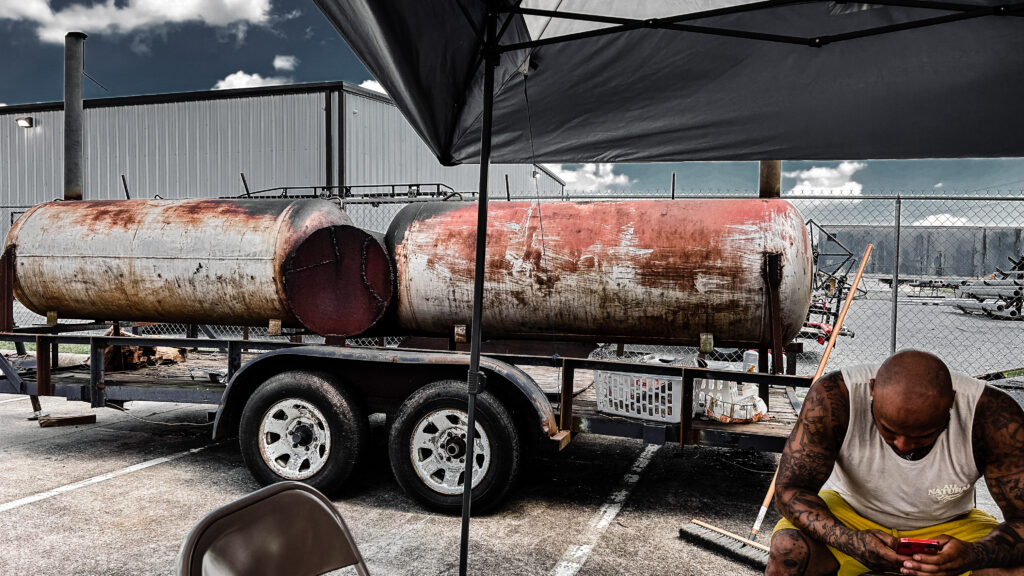
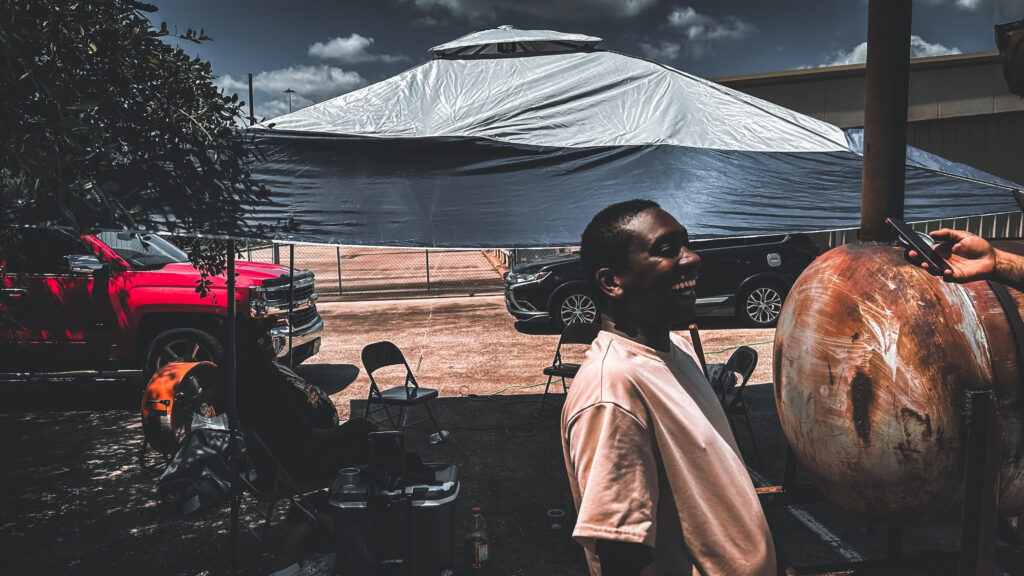
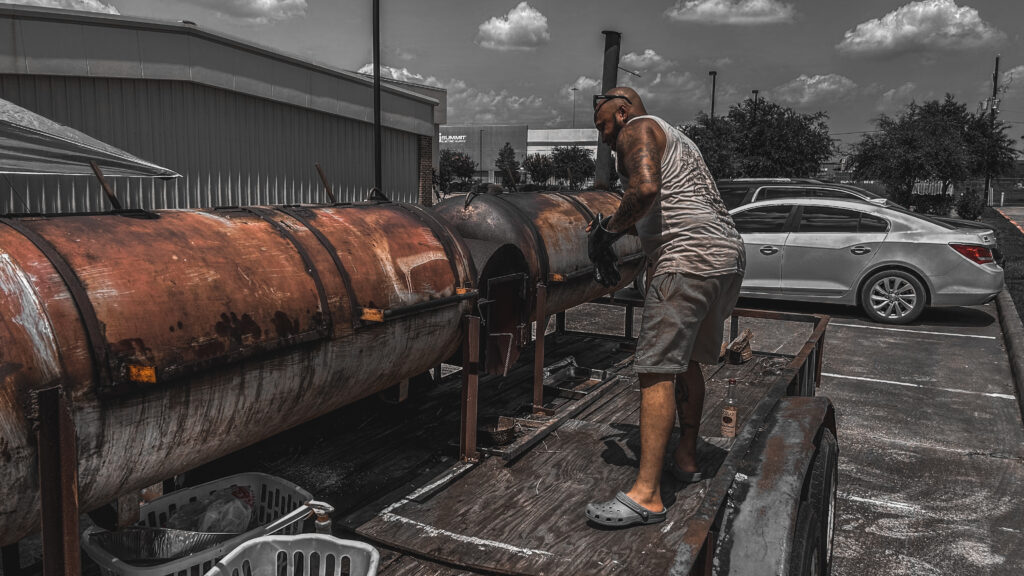
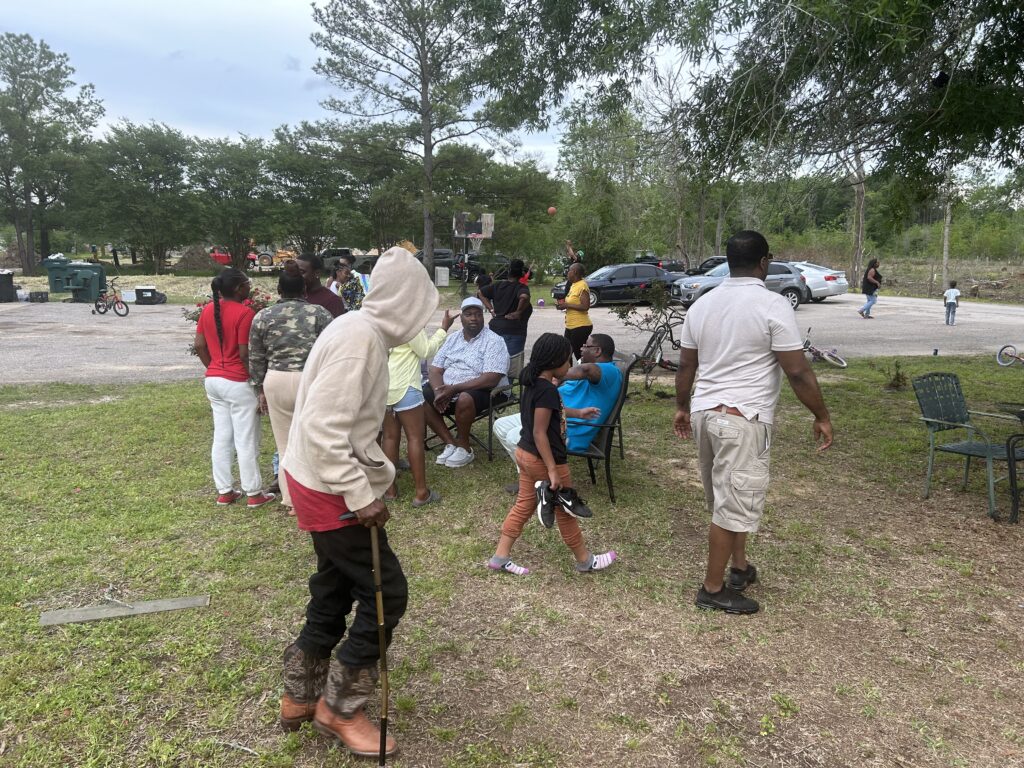
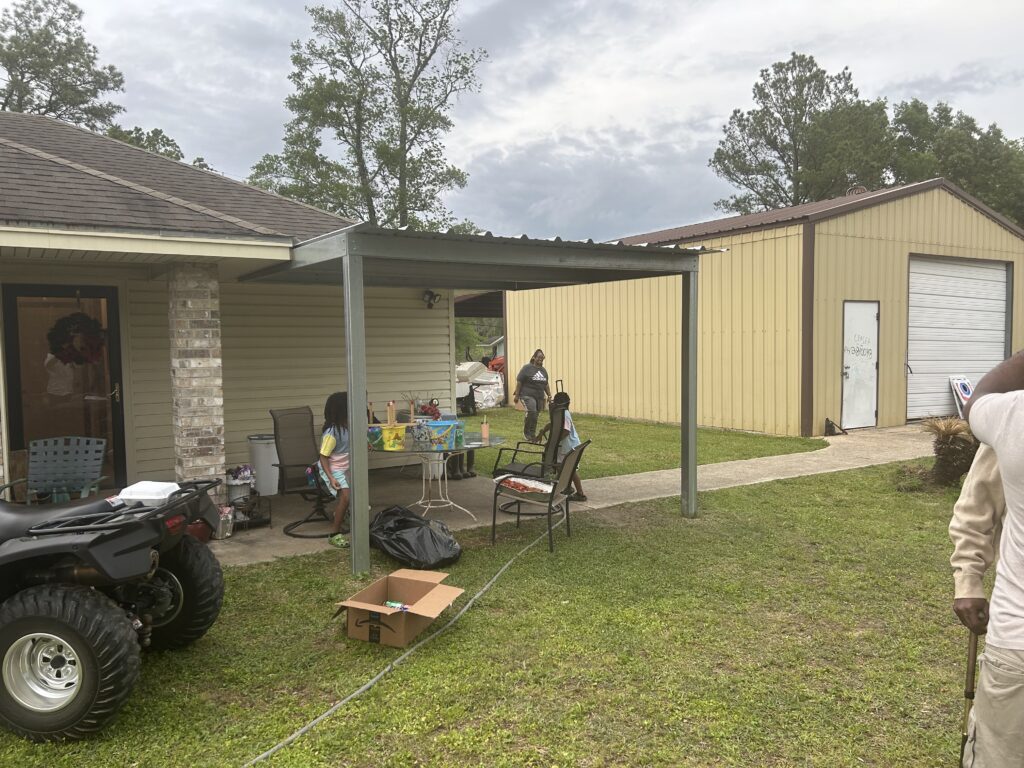
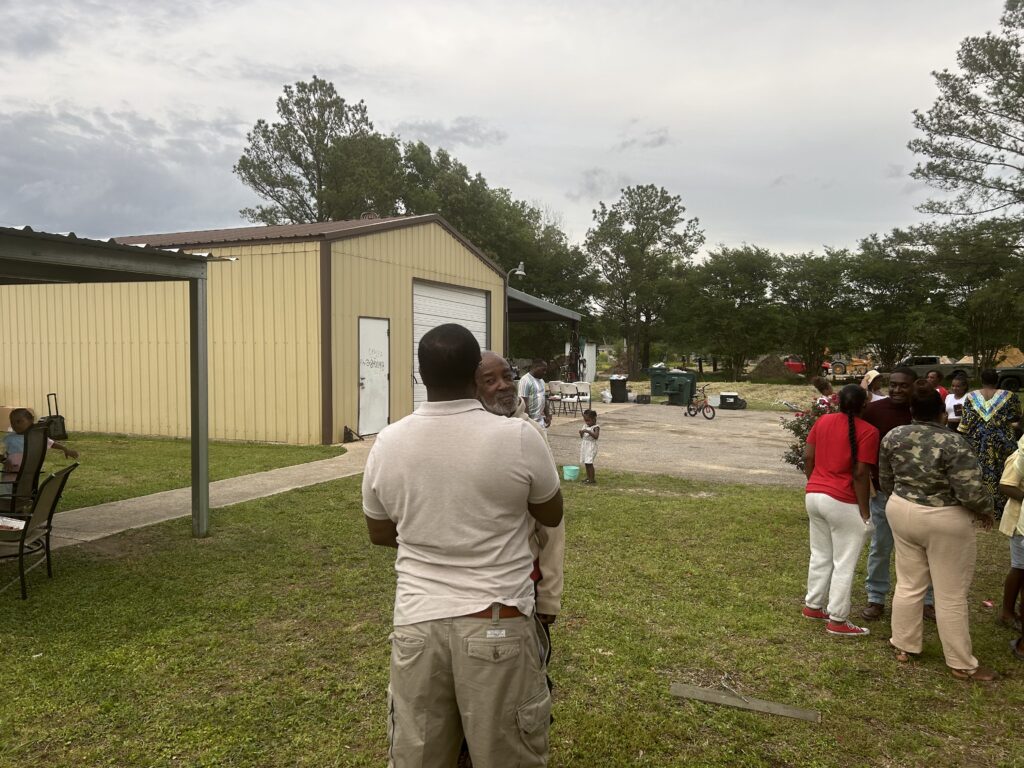
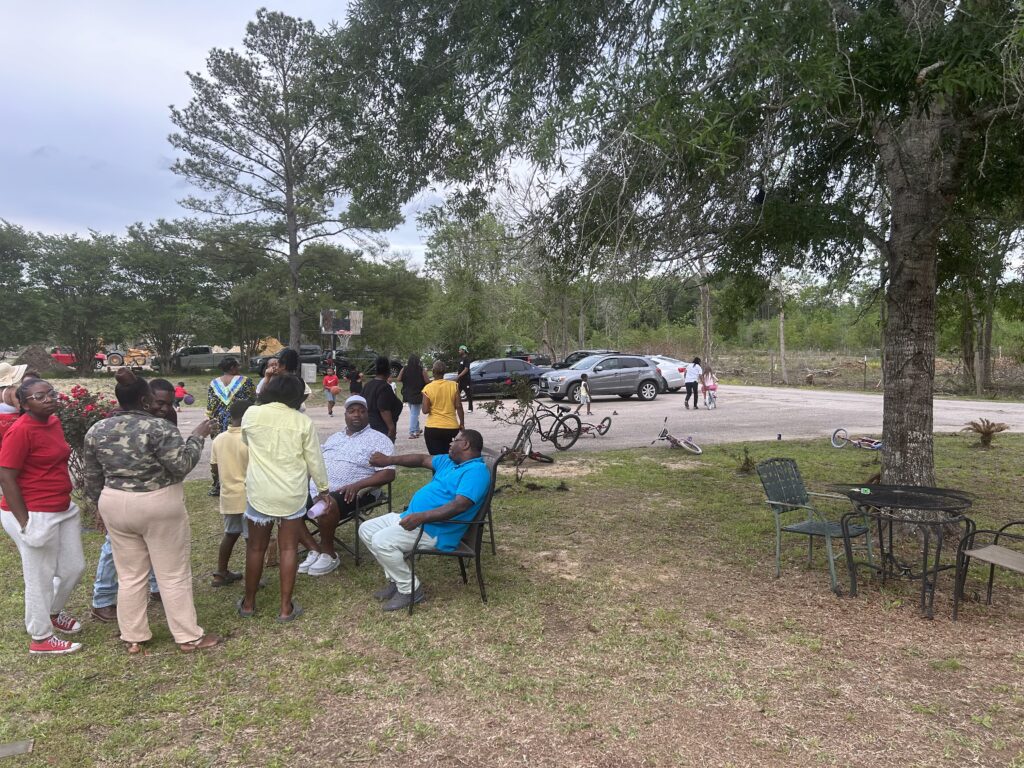
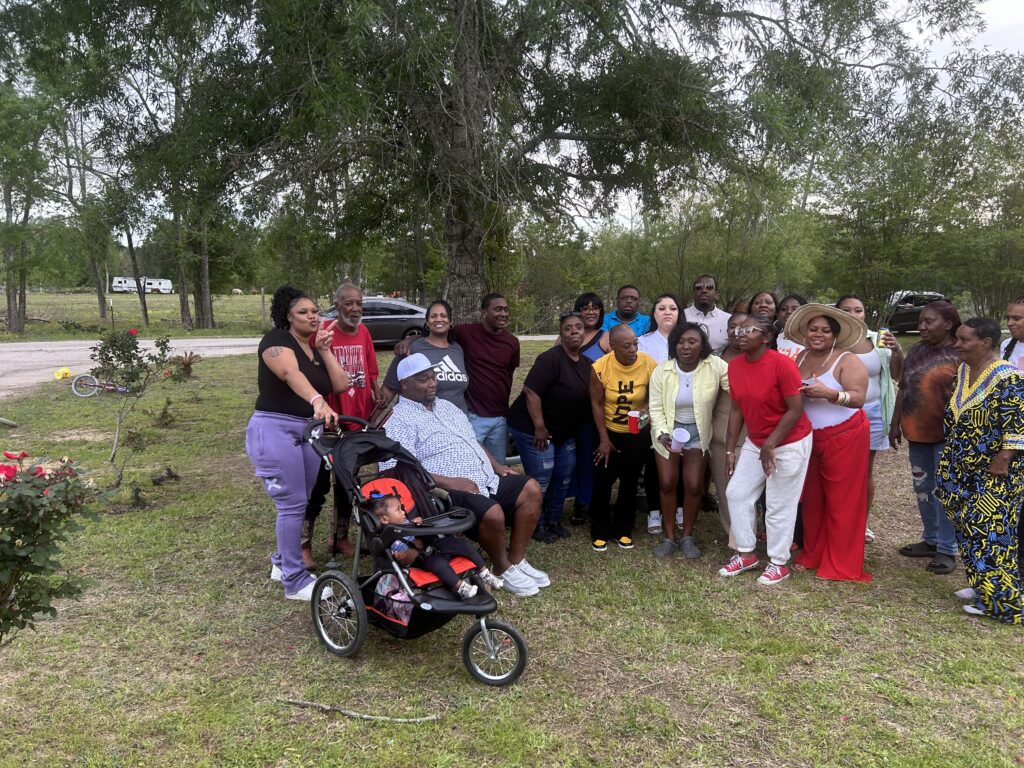
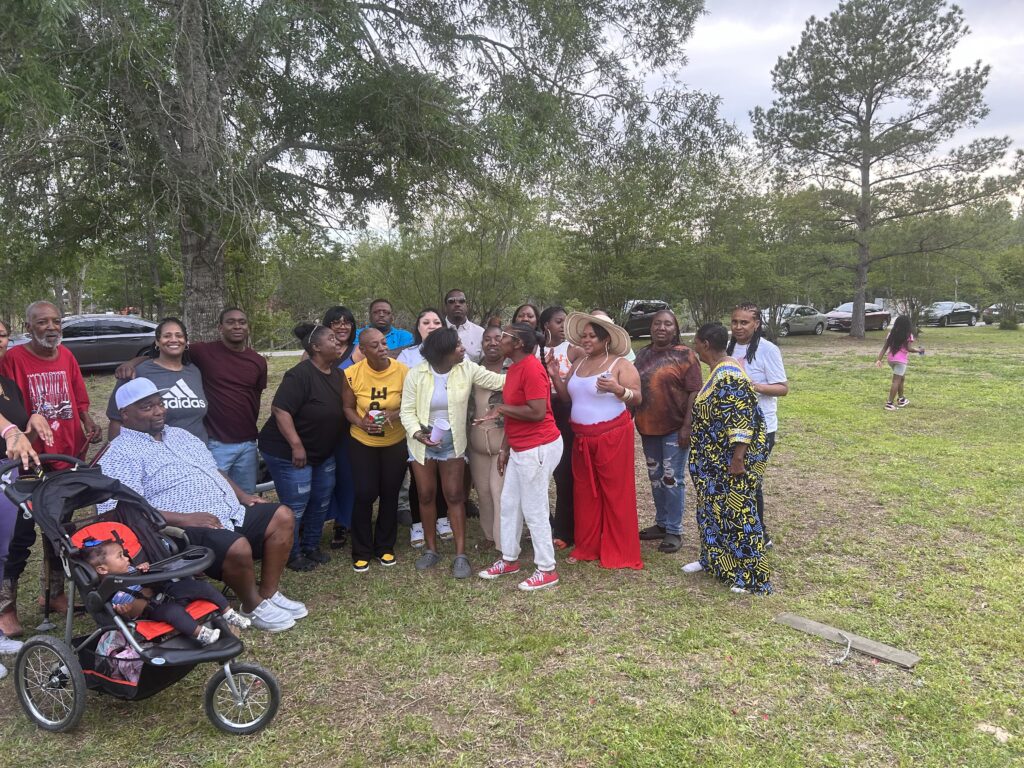
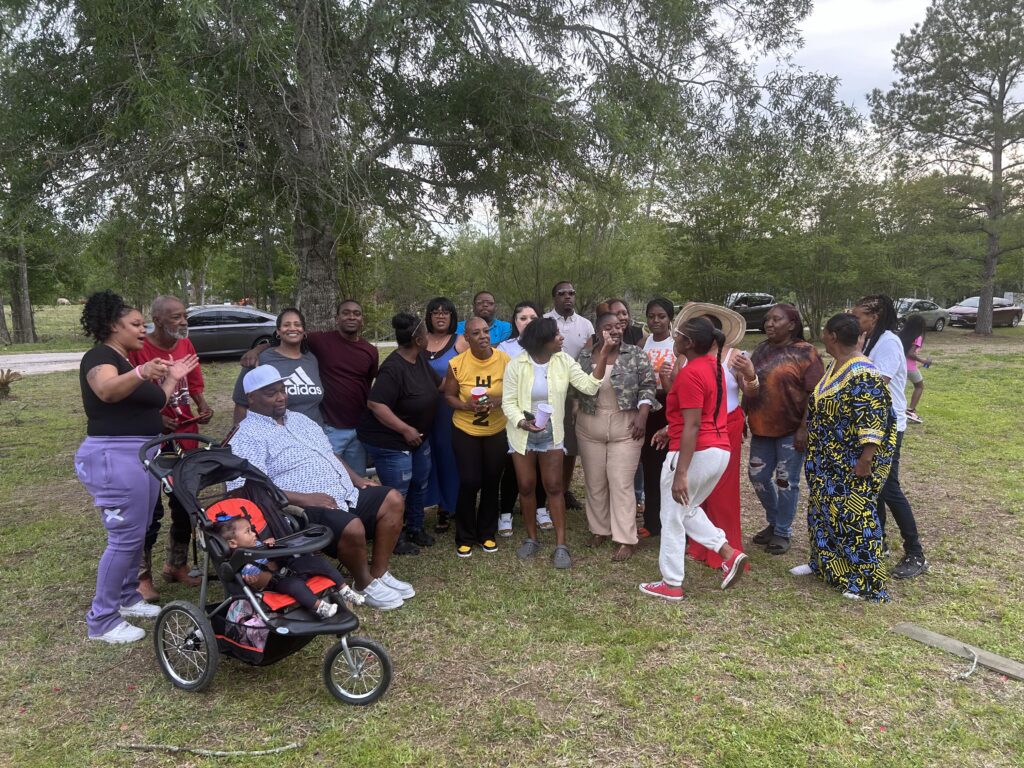
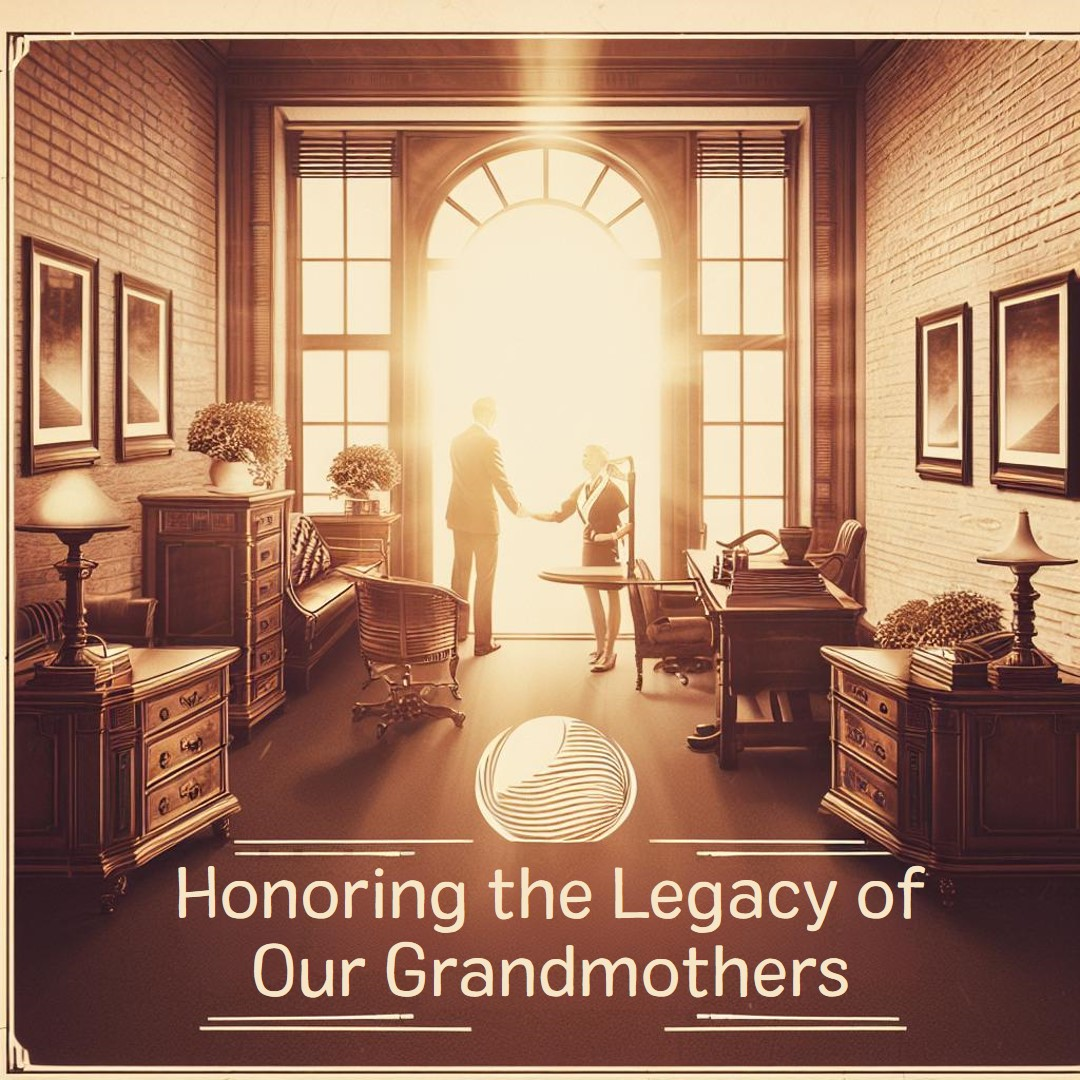
Celebrating the Legacy of My Grandmother Mary Lou Sibley-Johnson: A Joyful Tribute to Her Courage and Strength
At the time of her birth, my paternal grandmother's mother was a victim of abuse. A manifestation of her master's malevolent nature in human form. This painful legacy haunted my family. This realization drove the author to face their ancestors' struggles. I did not learn of this until after her death in 2008. It drove him to break the silence about these painful truths. My paternal grandmother Mary Lou Sibley-Johnson earned a living as a servant (cook) in Louisiana. She did so in the early to mid-twentieth century. She called it “day work." She cooked and cleaned for the “white folk” every day. Ms. Johnson often worked from sun-up to sun-down, running the household of her employer. She often had very little energy for her own children at the end of the day. She made $1 a day. She was trying to help feed a family of eight in the mid-twentieth century. It was slave wages, even for her time. African American domestic workers, who frequently worked for white families during the Great Depression, had a significant impact on their lives. These women, who were often employed for 18 hours on decreased wages, rebelled for their civil rights, transforming domestic services and promoting a better work environment. Their informal rebellion led to collective organizations promoting better treatment, pay, and respect for African American domestic workers, ultimately transforming the status of these women. (Childs, 2019)
Under the marginalized Jim Crowe era of standards, employers were not required to pay income tax to these "household workers," so they lacked the benefits of social security and unemployment benefits. The author's grandmother endured such exploitation and injustice, which ultimately inspired the author to speak out against the systemic oppression that continues to affect marginalized communities today. This story serves as a reminder of the resilience and strength of those who have faced such hardships throughout history. This was the "Southern" (SOP) standard operating procedure in the old South. My grandmother has always been with me in spirit. When I was hopeless, she gave me hope. When I had nothing, miraculously, I had something. When I prayed to find the strength to tell my story, she was there in my heart, guiding me. She spent her entire life trying to convert me to a Jehovah's Witnesses, yet she failed, but I heard every word and carried her message in my heart.


